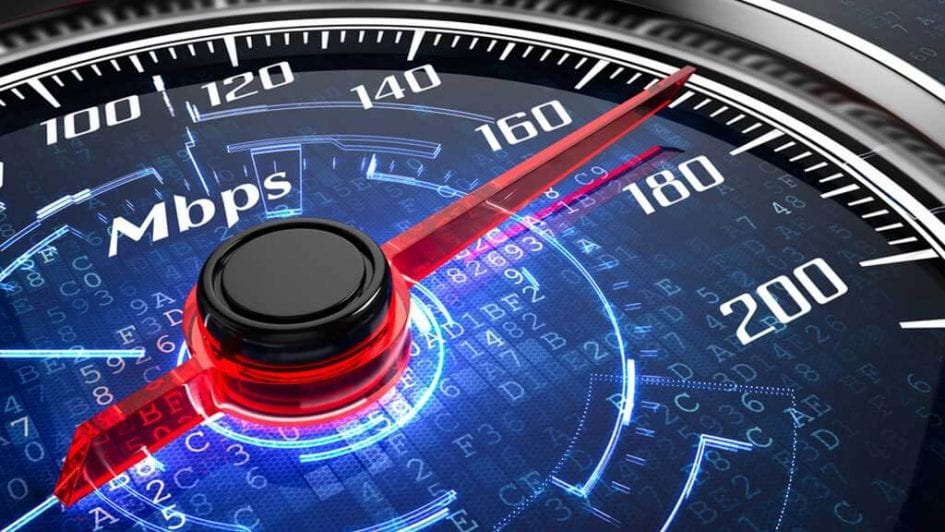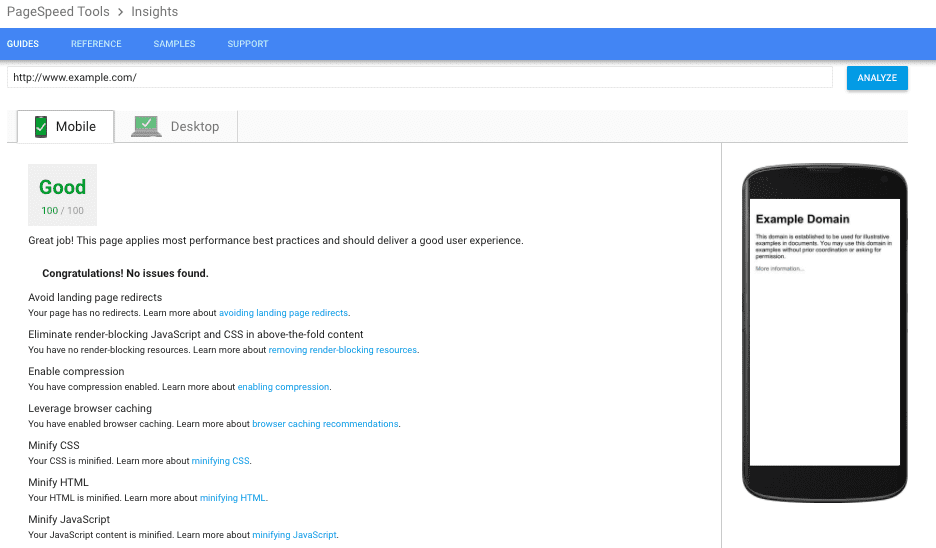Nothing irks users more than a slow webpage. I know I’m not the only one who would rather abandon my search efforts than subject myself to mind-numbingly slow websites. With supremely fast internet speeds and data-packs to choose from, there’s really no reason for a terrible page speed and for webpages to lag while loading, right? Or so we would think.
To start off, page speed is essentially the time your webpage takes to display and load the content on it. The faster the webpage loads, the better. According to results of a survey, at least 53% of all sites accessed via mobile were abandoned if the page took more than 3 seconds to load, which just goes to show that timing is everything. Still not buying it? Fair enough. Mobile sites that loaded in 5 seconds earned 2x the mobile ad revenue than those sites that loaded in 19 seconds.

Keeping in mind audience’s need for speed, Google’s announcement of page speed being an important factor in results ranking on mobile, doesn’t come as a surprise. While search relevance is still a primary factor for SEO on Google, if your website does lag and frequently has speed issues, it’s probably best that you look at ways to fix this as it could be the reason why your website does not rank as high as you’d like it to.
Fortunately for us all, Google has launched a tool that will help provide insights on how best to optimise the speed for websites on desktops and mobile devices. PageSpeed Insights not only analyses the speed of your website but also provides handy tips on how you can improve speeds of your website on both desktop and mobile fronts.

Let’s look at the ways in which this can be optimised. The first is by avoiding unnecessary landing page redirects. Redirects usually occur when a user attempts to load a page with a specific url but is then redirected to a site with a slightly different address. Simply put, redirection increases the amount of time a page takes to load, and while it may not be possible to completely avoid redirects, it’s best that you ensure your users see as small a delay as is possible.
The next way to speed up your website’s page speed is to minify the code on your page. Minification refers to the process of removing unnecessary or unused code that does not affect how your page appears to your users. It’s probably best to reduce spaces or get rid of comments, which is a line of code that your browser ignores. YUI Compressor is a tool that’s helpful at compressing your JavaScript and CSS code.
Enabling browser caching is a handy method by which a user’s browser downloads lesser data. With browser caching, it becomes possible to specify how long browsers can store images and other files locally on a user’s device. This is particularly handy for users who keep returning to your website or in some cases, when your website has multiple pages that share the same files.
Perhaps one of the easiest ways to optimise the content on your site is to ensure that media files like images are compressed into formats like .png (best used for files like logos) and jpegs for everything else. Unless you absolutely need to, users will usually not be able to tell the difference between a vastly higher quality file and one that’s been compressed for optimal viewing.
In addition to this, keep in mind that having too many ads or even ads that aren’t optimised can contribute to slowing down the load time for your page. Elaborate page themes are also guilty of contributing to longer page load times for your website, so it’s probably best you rethink that jazzy theme because it could be doing a bigger disservice to your website than you think.

Perhaps Tom Cruise summarised it best in cult-classic Top Gun, speed is everything, especially for your users who are now more than ever, increasingly impatient. A fast load speed for your website leads to a better conversion rate which in turn will ensure user loyalty with users more likely to return to your website in the future. Even a single second’s delay in page load can be responsible for an 11% loss in page views, which needless to say, has detrimental impact for your SEO. Think you need help with improving the speed of your website? Reach out to us on +61 390 134 544 and let us handle the rest for you!

